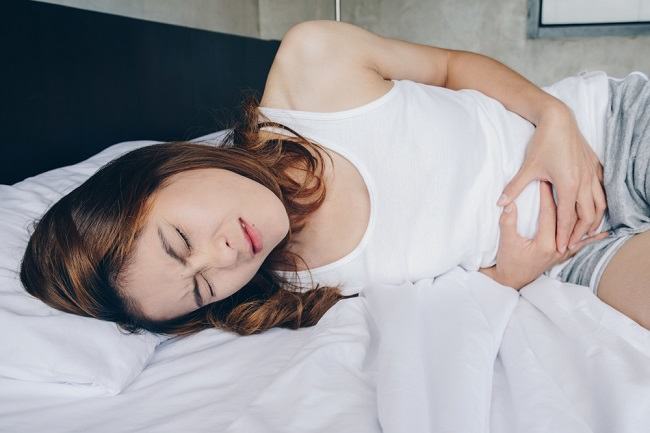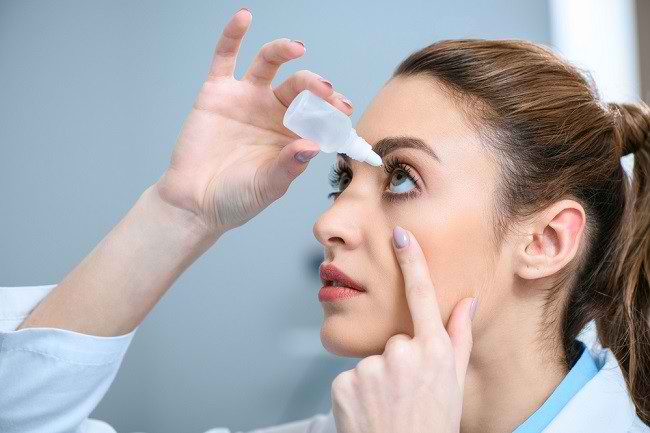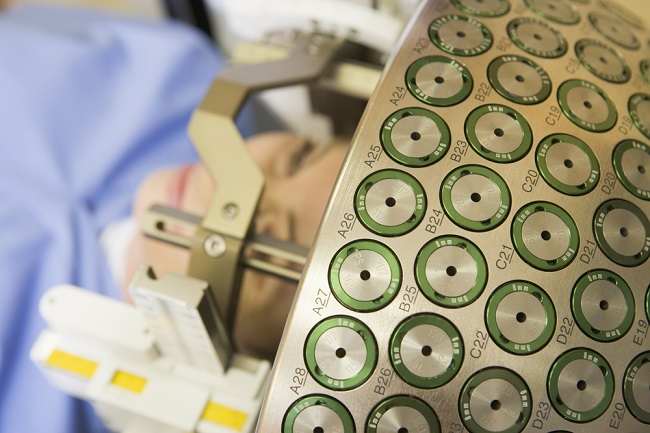Tardive dyskinesia is uncontrolled movements of the face and other parts of the body caused by the side effects of neuroleptic or antipsychotic drugs. This medicine used for overcoming mental disorders and nervous system.
Tardive dyskinesia can be very disruptive to the sufferer's activities. Treatment can be in the form of discontinuation or replacement of the triggering drug, administration of drugs, and special therapy to increase stimulation of the part of the brain that regulates movement.

Symptoms of Tardive Dyskinesia
Symptoms of tardive dyskinesia usually develop gradually. The most common symptom is the appearance of uncontrolled movements in the mouth, eyes, tongue and other body parts. Some involuntary and uncontrolled movements that can appear in people with tardive dyskinesia are:
- Sticking her tongue out
- Wink
- lip smacking
- Chewing or sucking
- Grinning or grimacing
- Tapping your fingers is like playing the piano.
- Shaking shoulders
- Twisting neck
- Move the pelvis
The above symptoms can disappear when the patient sleeps and worsen when the patient is under stress. In severe tardive dyskinesia, sufferers may have difficulty speaking, eating, and swallowing.
When to go to the doctor
Check with your doctor if the symptoms mentioned above appear after you take antipsychotic drugs. Your doctor may advise you to reduce your dose, stop the triggering medication, give a replacement medication, or take steps and therapy to relieve your symptoms.
You are also advised to have regular check-ups and check with your doctor if you have a history of neurological disorders or mental disorders that require you to take long-term neuroleptic or antipsychotic drugs.
Patients with tardive dyskinesia are also advised to have regular check-ups to monitor the progress of therapy and prevent this disease from getting worse.
Causes of Tardive Dyskinesia
Tardive dyskinesia is a side effect of long-term use of neuroleptic or antipsychotic drugs.
Older generation antipsychotic drugs that can cause tardive dyskinesia are:
- Haloperidol
- Fluphenazine
- Chlorpromazine
In addition to older antipsychotics, tardive dyskinesia can also be triggered by the use of the following medications:
- Newer generation antipsychotics, such as aripriprazole, olanzapine and risperidone.
- Antiemetics, such as metoclopramide, and prochlorperazine.
- Antidepressants, such as amitriptyline, fluoxetine, and sertraline.
- Anticonvulsants, such as phenobarbital and phenytoin.
- Antiparkinsonian, such as levodopa.
Diagnosis of Tardive Dyskinesia
To determine whether the patient has tardive dyskinesia, the doctor will ask about the symptoms experienced and what medications the patient is currently taking. Generally, tardive dyskinesia patients have a history of taking antipsychotic drugs for 1-2 months.
After asking about the symptoms and medications being used, the doctor will make an assessment aabnormal involuntary movement scale (AIMS) to measure the severity of symptoms experienced by patients.
Symptoms of tardive dyskinesia are similar to those of cerebral palsy, Huntington's disease, and Tourette's syndrome. To make sure the patient's symptoms are not caused by another disease, the doctor will perform additional examinations which include:
- Blood tests, to calculate calcium levels and check the function of the thyroid gland and liver.
- Scanning with a CT scan, PET scan, or MRI, to check the condition of the patient's brain.
Tardive Dyskinesia Treatment
As a first step, the doctor will ask the patient to stop using the drug suspected of being the cause of tardive dyskinesia. However, for patients who need these drugs, doctors will provide replacement drugs.
In mild to moderate tardive dyskinesia, doctors may prescribe medications such as tetrabenazine, valbenazine, and clonazepam. Doctors can also inject Botox into the face to reduce the symptoms of twitching and pain.
For patients with severe tardive dyskinesia, doctors can perform: deep brain stimulation (DBS). DBS therapy uses a device called a neurostimulator to send signals to the part of the brain that regulates movement.
Prevention of Tardive Dyskinesia
If you have an illness that requires you to take antipsychotic drugs, talk to your doctor about the dosage and possible side effects. The doctor will adjust the type and dose of the drug given to prevent the emergence of tardive dyskinesia side effects.
Consult your doctor first before using any medication, either alone or in combination. Some drug combinations can worsen the symptoms of tardive dyskinesia, for example the combination of antipsychotic drugs with anticholinergic drugs.









